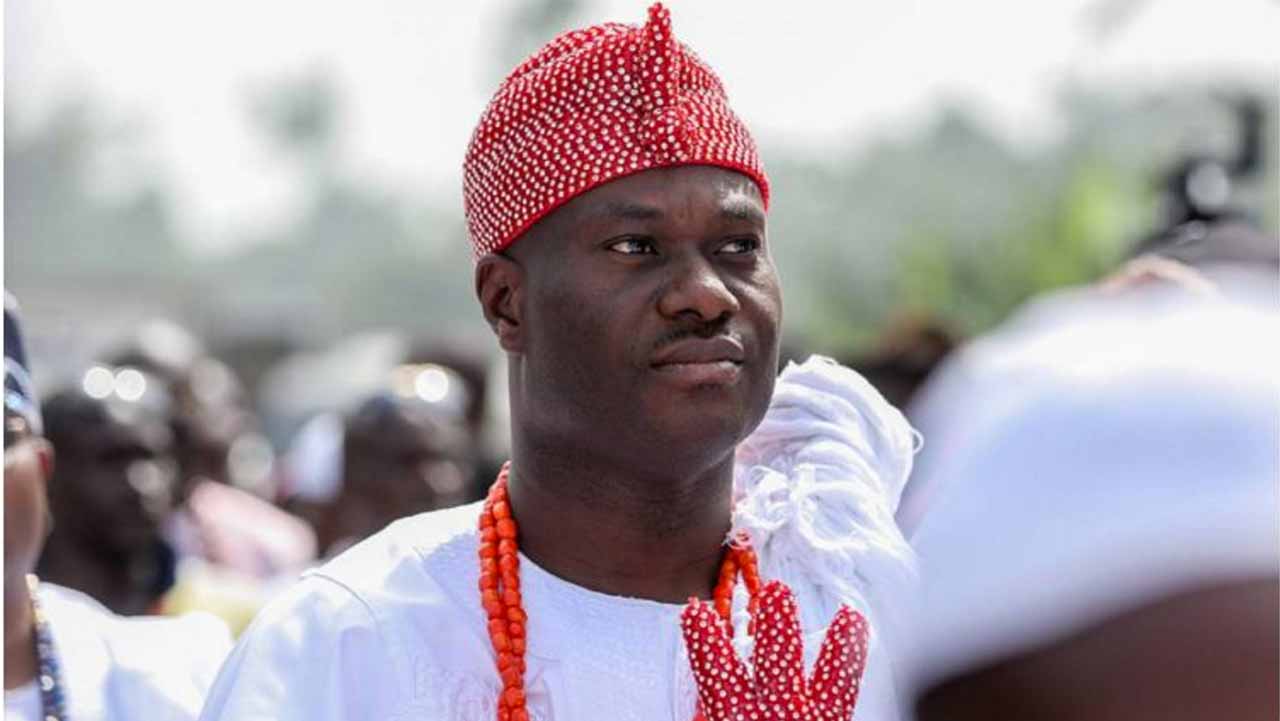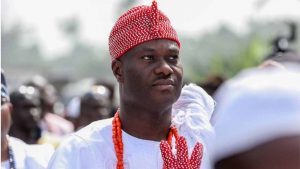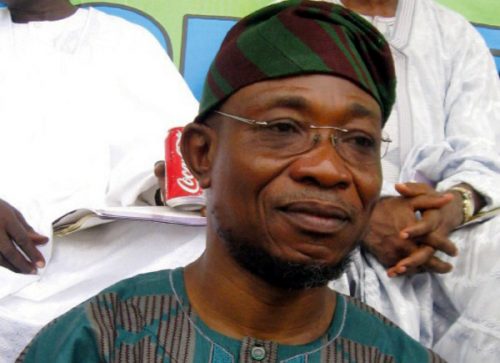

Nigeria is a large multi-ethnic country where ethnic cleavages remain a critical problem and ethnic violence has erupted periodically. Among the prominent conflicts in Nigeria are: Ife-Modakeke Crisis in Osun State; Yoruba-Hausa Clashes in Shagamu, Ogun State; Eleme-Okrika Conflict in Rivers State; Zango-Kataf in Kaduna State; Tiv-Jukun in Wukari, Taraba State; Ogoni-Adoni in Rivers State; Chamba-Kuteb in Taraba State; Itsekiri-Ijaw/Urhobo in Delta State; Aguleri-Umuleri in Anambra State; Ijaw-Ilaje conflict in Ondo State; Basa-Egbura in Nassarawa State; Hausa/Fulani-Sawaya in Bauchi, among others. These conflicts have provided a pattern that makes scholars to attribute their causes to greed, power and wealth distribution. The impacts of these crises have led to loss of lives, displacement of people, destruction of properties, etc. Thus, the greatest challenge facing the process of conflict resolution in Nigeria is the issue of maintaining balance among the conflicting parties by the third party (preferably the Nigerian Government). This balance, however, can only be met if the roots of the conflict(s) are traced and treated fairly.
Going by this analysis, the lessons from the Ife-Modakeke crisis makes a good study because of its strategic importance in Yoruba history; and again, its prospect for conflict resolution in Nigeria.
Conflict resolution in Nigeria is multifaceted in that it refers to a process aimed at resolving ethnic conflicts through constructive means. In most cases, Panels/Committees set up to investigate communal clashes often identify the underlying causes of the conflict and address them through solutions that are mutually satisfactory, self-perpetuating, and sustaining. While it is true that not all conflicts lend themselves to conflict resolution techniques, the Ife-Modakeke crisis makes an exception. In the words of A. R. Asiyanbola (2007), the Ife-Modakeke crisis remains the oldest intra-ethnic conflict in Nigeria which makes the process of peace making a realistic one.
The Ife and Modakeke are both Yoruba of Osun State in southwestern Nigeria. According to oral tradition, both are descendants of Oduduwa, the perceived progenitor of the Yoruba people.2 The socio-cultural and political systems of the two communities are essentially identical and their geographical distribution largely overlaps. As related as Ife and Modakeke are, however, both have engaged in protracted conflict for over a century. The Modakeke people are generally considered strangers, tenants, and migrants in Ife. On the other hand, the Ifes’ regard themselves as the ‘landlord’ over the people of Modakeke.
Historical accounts suggest that the people of Modakeke migrated and settled in Ile-Ife in the aftermath of the collapse of the Old Oyo empire in the nineteenth century, causing a refugee crisis to the south and resulting in the occupation of their contemporary location.3 Two distinct categories of people were thus created: the original settlers (landlords) and the migrants, tenants, farmhands, and a resettled group considered as refugees (Modakeke).4 These categorizations form the remote causes of the conflicts between the two groups.
It is recognized that the causes of the conflicts between Ifes and Modakekes are many and varied. Historians generally trace the crisis to pre-colonial Nigeria especially during the Yoruba internecine wars of the nineteenth century.5 Some of the identified major conflicts that broke out between the two groups include:
The two bloody battles of 1849.
The communal war of December 1882.
The conflict over selection of Imam by the Modakeke in 1934.
The Isakole (Land Rent) dispute of 1946 – 47.
The confrontation over the reception of a British parliamentarian (Rev. Sorenson) in January 1949.
The conflict over the establishment of Modakeke High School.
The conflict over the establishment of Olorunsogo Plank Market,
The opposition to self help development projects by a Fund Raising activity of Modakeke in 1980.
And the request for a separate Local Government Council with began in 1950s.
However, respite could be said to be here, as a result of the change in power in Ile-Ife as the new king,the Ooni of Ife, Oba Adeyeye Enitan Ogunwusi has declared that the war between Ife and Modakeke has come to a dead end saying that effort is on to establish Oduduwa Development Trust Fund {ODTF} to fast-track the development of Ife and its environs.
Ooni Ogunwusi said youths in Ife and Modakeke are fed up with violence and have decided to turn their energy towards productive engagement to enhance individual and community development in the towns.
He however asked for the support of the state government in order to give the ODTF necessary legal teething.
The monarch spoke yesterday during his thank you visit to Osun state governor, Rauf Aregbesola, exactly a month after the governor presented him with his staff and instrument of office, which climaxed his appointment as the Ooni of Ife.
On the entourage of the Ooni during the visit were all the Ife Traditional Council {ITC} led by the Lowa of Ife,Oba Joseph Ijaodola, members of the Isoro cult led by the chairman of Ife Development Council, Professor Muib Opeloye and leaders of Ife Action Council .
Oba Ogunwusi said both the Ife Resort Centre he is building and the proposed farming project would provide gainful employment to about 40,000 youths in Ife and its environs.
He said his projects were similar in concept to the Osun Youth Empowerment Scheme by the state government adding that all hands
should be on the deck to take the youths from the streets thereby reducing social problems to the bearest minimum in the state.
The Ooni who was full of appreciation to the governor for the support he gave to the people of Ile Ife, lauded the governor for engaging in
monumental infrastructural development.
Oba Ijaodola in his remark also extended appreciation of the people of Ife to the state government from the transition and funeral of the late Ooni Okunade Sijuwade,Olubushe 11 and the appointment and presentation of staff and instrument of office to Ooni Ogunwusi In his speech, Aregbesola urged the Ooni to use his offices to benefit people in his domain and the Yoruba ethnic nationality.
He said the monarch should also make an effort for necessary rehabilitation of destroyed buildings during the communal war between Ife and Modakeke.
He said, “I am happy with the peaceful transition we witnessed in Ile Ife but I impore kabiyesi to use his power to bring peace, comfort, progress and development to Ife and Yoruba nation’’
Aregbesola while expressing joy at the peaceful transition in Ife kingdom asked the Ooni to prevail on cocoa farmers in Ife not to sell their produce outside Osun state but to first bring it to the state government for grading saying doing so would enable the farmers earnmore money from their business.
He said the state government had taken the stock of all productive cocoa trees in the state saying they amounted to about 66 million active cocoa tress capable of yielding 330,000 metric tons annually.
One can only hope that the peace which is being enjoyed between these two neihbours; Ife and Modakeke at least in the last three years will continue.



